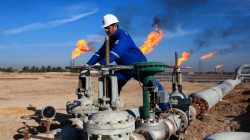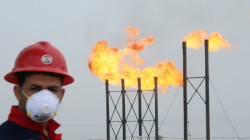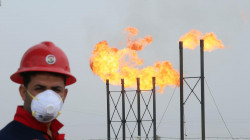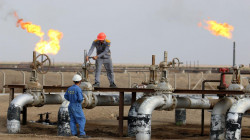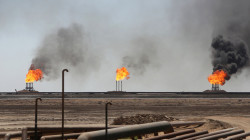OPEC+ output up after two months of declines, but quota shortfall grows- Platts survey
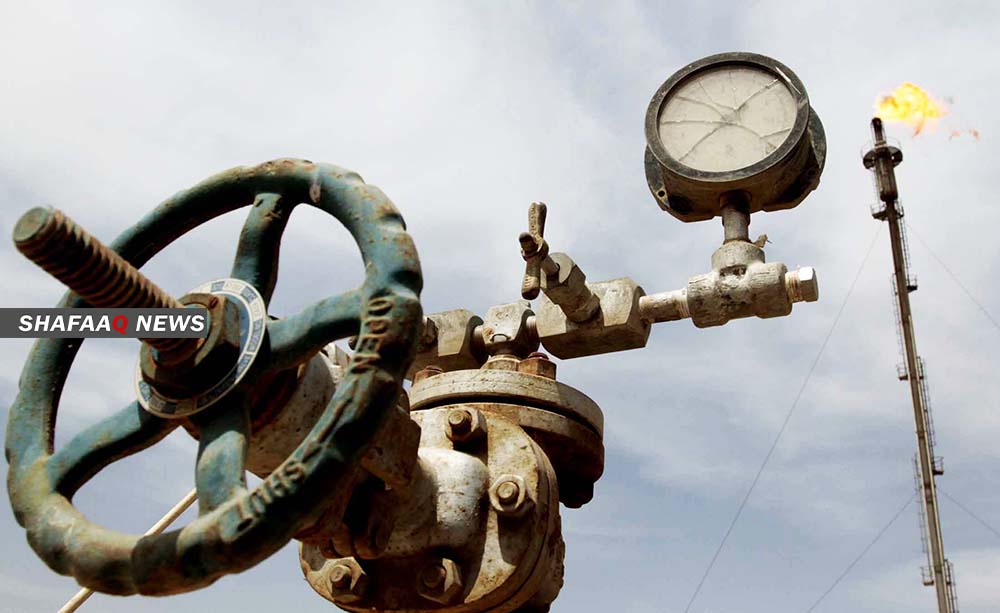
Shafaq News/ Crude oil production from OPEC and its Russia-led allies rebounded modestly in May from a steep drop in April but remains well short of its collective quotas, according to the latest Platts survey by S&P Global Commodity insights, highlighting the group's continuing struggles with sanctions and unplanned outages.
OPEC's 13 members pumped 28.62 million b/d in May, down 180,000 b/d from April, including major losses in Nigeria and Libya, while nine other countries partnering with the producer group added 13.08 million b/d, a rise of 300,000 b/d, led by gains in Russia and Kazakhstan, the survey found.
That is a net 120,000 b/d gain in the month by the entire OPEC+ alliance.
But with production quotas rising monthly under the OPEC+ agreement, the group underproduced its target by 2.616 million b/d, with compliance at a lofty 182.5%, according to S&P Global calculations.
Russia, targeted by western sanctions since its invasion of Ukraine in late February, has been the biggest contributor to the alliance's shortfalls, as its production has fallen significantly from pre-war levels. However it was able to regain some footing in May, boosting output by 150,000 b/d to 9.29 million b/d, compared to its quota of 10.549 million b/d, the survey found.
Exports of Russian crude have remained resilient in the face of the sanctions, with some buyers eager to snap up discounted cargoes.
But analysts expect production to contract sharply in the months ahead, as the EU implements a ban on almost all seaborne Russian oil imports by year-end.
Fellow non-OPEC producer Kazakhstan also saw a healthy bounce in May to 1.52 million b/d, thanks to repairs to its damaged CPC pipeline from storm damage in April, according to the survey. Kazakhstan exports some two-thirds of its crude via the pipeline.
With Russia impaired, OPEC kingpin Saudi Arabia has over the past few months reclaimed its mantle as the group's leading producer, pumping 10.45 million b/d in April, though that is below its quota of 10.549 million b/d.
The world's largest crude exporter saw its shipments down in the month, though some volumes were shunted into inventories and refinery runs were strong, market sources said.
But Nigeria suffered a 170,000 b/d decline, with key crude grades Qua Iboe and Bonny Light going on unexpected maintenance, while flows on the TransForcados pipeline were disrupted, according to the survey.
The country's May output of 1.23 million b/d is its lowest on record in the Platts survey, which dates back to 1988.
Libya also saw a 130,000 b/d drop, the survey found. The fractured country has experienced persistent outages at major fields and blockades at ports, as protestors demand concessions from the government.
Libya is exempt from a quota under the OPEC+ deal, as are Iran and Venezuela, both of which had steady production in May.
Going forward, the OPEC+ alliance has accelerated its quota increases for July and August, in anticipation of higher global oil demand. The group will hike quotas by 643,000 b/d each month, a roughly 50% rise from the typical 432,000 b/d rises, ministers announced June 2.
But analysts say only Saudi Arabia and the UAE have any significant spare production capacity to meet their higher targets, while other countries are mostly maxed out or, in the case of Russia, Iran and Venezuela, subject to sanctions, likely causing some volatility in the months ahead.
The survey figures, which measure wellhead production, are compiled using information from oil industry officials, traders and analysts, as well as reviewing proprietary shipping, satellite and inventory data.
